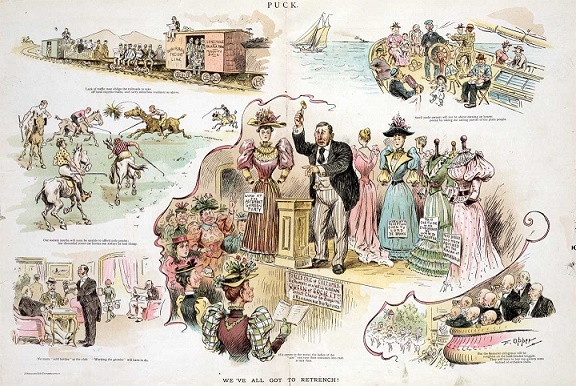Dublin Core
Title
Description
The nationwide depression of the 1890s produced unprecedented levels of unemployment. One unfortunate casualty of the resulting stress and anxiety was Mary Cook, a young mother from Utah County.
In 1894, a young mother from Pleasant Grove named Mary Cook swallowed a bottle of strychnine. According to a description in the Salt Lake Tribune, she "died in terrible convulsions." It turns out that a few days earlier, Cook had forged a check for $10.15. The check passed from one bank to another until the forgery was discovered and sent back to Pleasant Grove. There, a local merchant named Frank Beers zeroed in on Cook as the forger. When he confronted her, she admitted that the bad check was hers, paid Beers $5 against the debt, and returned home to take her life.
Cook's suicide seems rash in proportion to her crime. We can never know exactly what motivated her, but it's easy to imagine that the disgrace she felt at having her misdemeanor revealed in public had something to do with it. But there is more to her story.
At the time, the Utah Territory was suffering 25% unemployment caused by the deep economic depression of the 1890s. Mary Cook and her child had been abandoned by her husband when he up and joined a splinter group of a national movement called the “Industrial Army.” Under the leadership of Ohio businessman Jacob Coxey, members of the Army had blown into Utah on their way to Washington, D.C., where they planned to pressure the federal government to end the rampant rates of national joblessness. While in Utah, the Army won some new recruits – including Mary Cook's husband – and then moved on.
Deserted at the height of a severe depression – without money to feed her child – without a job – and without any social support – Cook made the desperate decision to forge a small check in order to make ends meet. When the plan backfired, and she lost face in her small community, Mary Cook made the tragic choice to end her humiliation and her poverty.
Creator
Source
Image: A growing credit shortage in the 1890s created panic, resulting in a depression. There was severe unemployment and wide-scale protesting, which in some cases became very violent. Puck, August 30, 1893. Courtesy of History Central.
_______________
See the Salt Lake Tribune, June 23, 1894; “The Industrial Army’s Utah Connection,” History Blazer, Utah State Historical Society, December 1996; Carlos A. Schwantes, “Western Women in Coxey's Army in 1894," Arizona and the West 26 (Spring 1984); Melanie Greenberg, “Preserving Mental Health During Unemployment,” Psychology Today, October 14, 2011.

